Here’s how to get some of that magic back
“When I was your age…” – we’ve all heard our parents, our grandparents talk about what things were like “back in the day.” Travel is no different. The exponential pace of technological innovation has dramatically changed how we travel – not just for our grandparents and our parents, but for us.
When I was a Peace Corps volunteer in rural Peru, I didn’t have a smart phone. I didn’t have Wi-Fi. Imagine! I had to go to the next town over to use the internet cafe. I had to set up skype dates with friends in advance, and then usually the internet wouldn’t be great, so we’d end up using most of our designated time just trying to connect. And I was lucky. There were volunteers who didn’t get cell phone service, or who were 5 hours from the nearest internet.
We used to look up directions and buy maps. We carried Lonely Planet guidebooks. If we didn’t read about or hear about where to go, we didn’t know about it.
And there was magic in that. We’d show up in a town, haggle with a taxi or haul our luggage to the hostel we thought sounded cool, hoping they had availability.
We were forced to unplug and really immerse ourselves in our destination. We had to communicate with locals to get information and figure out where we were going. That led to amazing adventures where we were the only foreigners in sight.
Everything is easier now. Practically seamless. You can find most of the information you could need or want online. You can book your accommodations in advance through Airbnb or Agoda or Booking.com. I land and my phone immediately works because I have Google Fi, which has one flat price for unlimited international data and messaging. I can look up the best way to get to my hotel on Google Maps, and hop on public transportation, or order an Uber, Grab, or Gojek. I don’t even have to worry about taking money out of the ATM, because my Charles Schwab High Yield Investor Checking account refunds ATM fees and doesn’t have currency conversion fees. I can plan out routes using Google Flights and Rome2Rio.
But we pay a price for this ease. For this speed and efficiency. For these centralized, corporate, sceptic solutions. We lose some of the soul, some of the magic, of travel.
Technology has created a paradigm shift in how we travel in much of the world over the last thirty years. This evolution has made the world much smaller and more accessible, but also much more known. It’s much harder to get off the beaten path. We chase beautiful vistas on Instagram, only to find out reality is a line of tourists waiting for the perfect shot instead of the serene scene we expected.
So how can we reclaim some of that magic? Here are some practical tips for chasing the enchanting days of yore, from the time before hashtags and GPS changed our lives.
Choose your destination(s) carefully
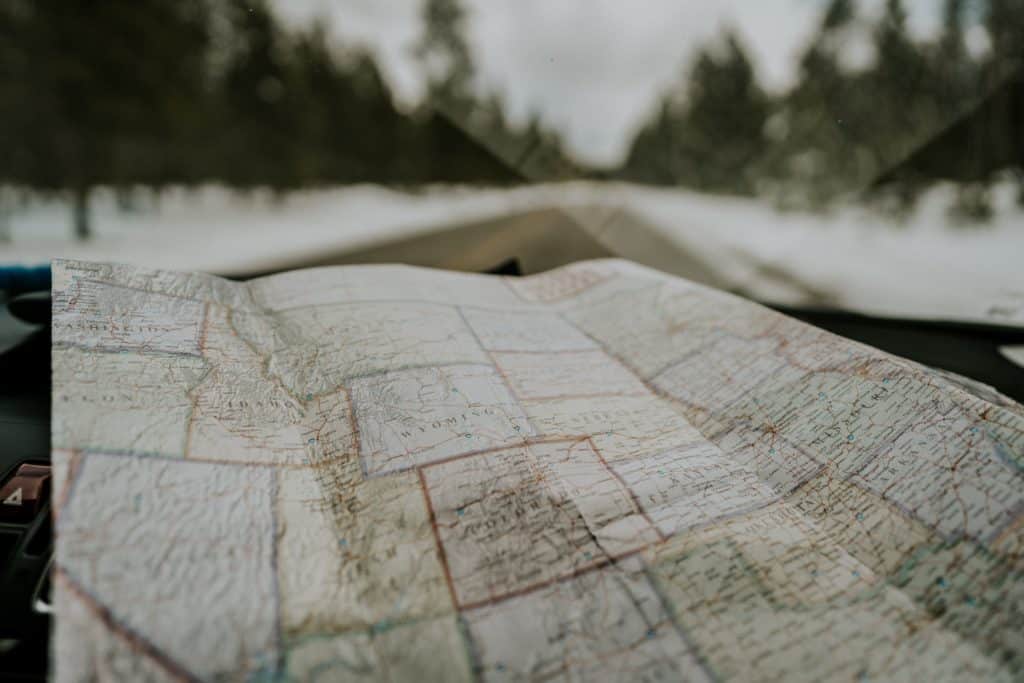
For me, one of the most appealing elements of traveling is having a unique experience. To some extent, this will be inevitable simply based on the people that you meet. But another part of it is going somewhere where the tourism industry isn’t so developed that there’s still the potential to have a trip that isn’t the same cookie cutter time as everyone else.
So choose where you go carefully. If you’re looking for an adventure, there’s way less chance you’ll have one at an all-inclusive resort. I try to choose my destinations based on a mix of practicality and getting off the beaten path. I might go somewhere rife with foreigners where I know I’ll find strong infrastructure and can get a lot of work done, like Canggu in Bali, but then also build in some time for backpacking around somewhere far less trafficked, like East Java.
Be thoughtful about how you employ technology
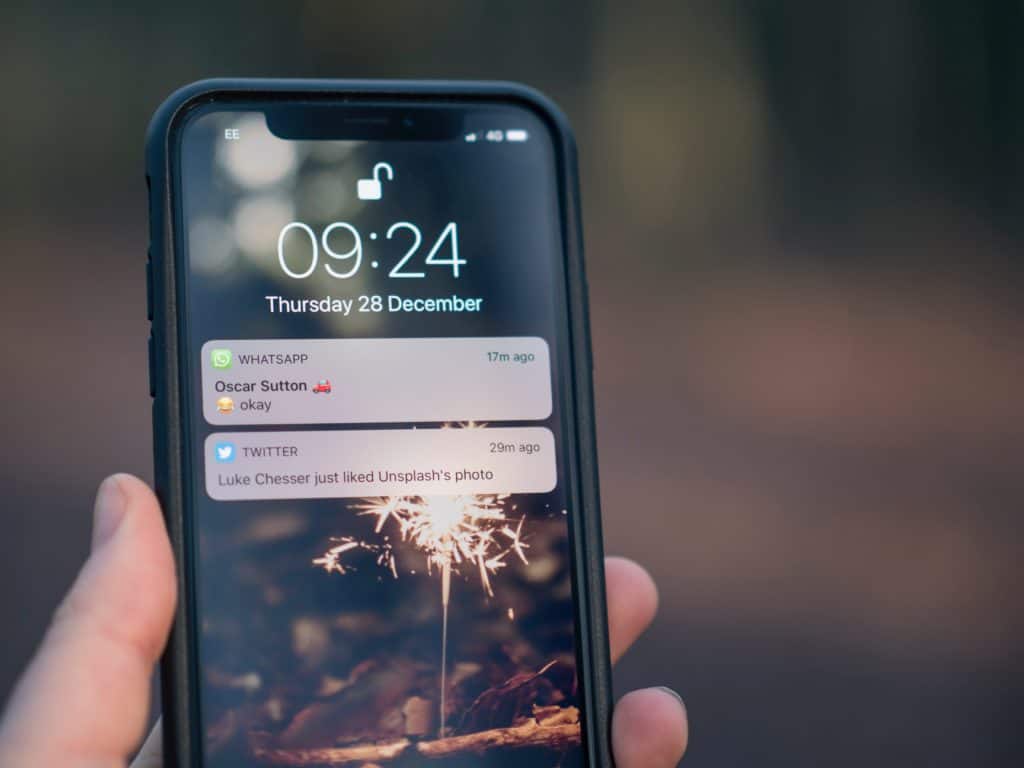
Sure, you could read all of the reviews and all of the blogs. You could look at all the pictures. You could know almost exactly the experience you’re going to have before you have it.
But (and stick with me here), you don’t have to. You don’t have to look at everything. You could just show up, ask for a restaurant recommendation, and check it out for yourself.
Don’t plan everything out
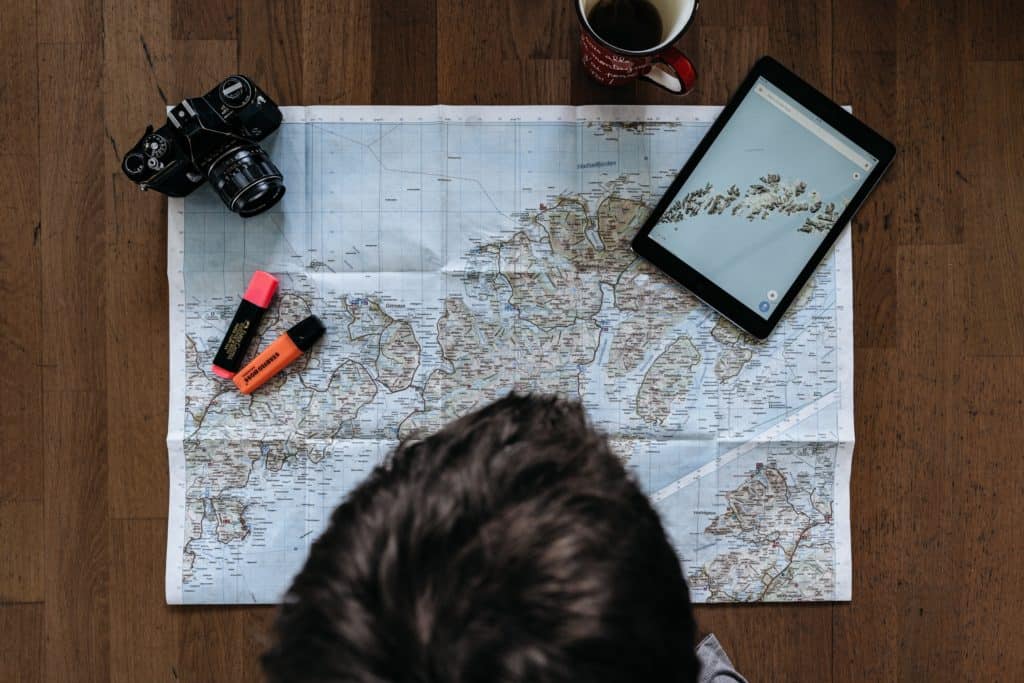
If you do all the research and plan out your itinerary based on what you learn before arriving, you’ll miss amazing opportunities that are right in front of you. When a local invites you to dinner in their home, you’ll have to say no because you made a reservation. When a new friend suggests hiking to a waterfall, you’ll have to say no because you booked a tour.
If I’m going to a destination for travel more than for work and for a short time, I’ll often book my flights and first night’s accommodation and nothing else. I’ll read enough to have an idea of where I might want to go and what I might want to do, but wait to see how the situation unfolds, how I’m feeling, and who I meet. Because that’s the real adventure.
Find balance
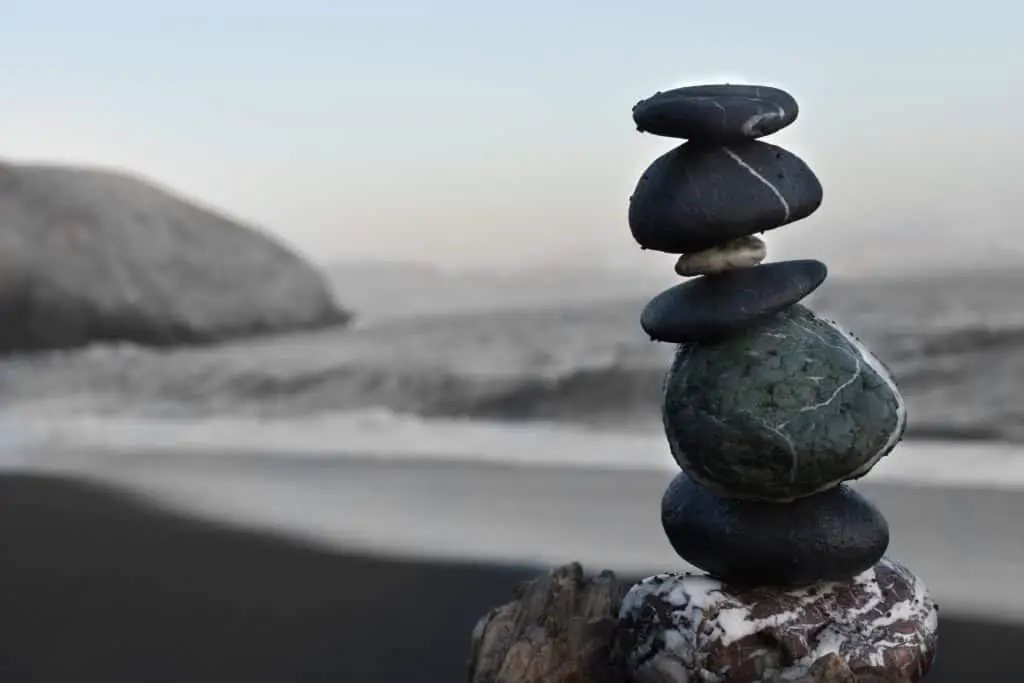
Like everything else, it’s about balance. Technology isn’t bad. In fact, it’s immensely helpful and has made getting places loads easier. But if you want to capture that captivating feeling where you never know where the day will take you and somehow end up on top of a volcano sharing granadilla with new friends, deploy it with caution.





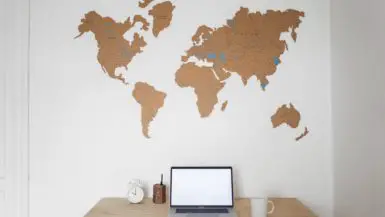
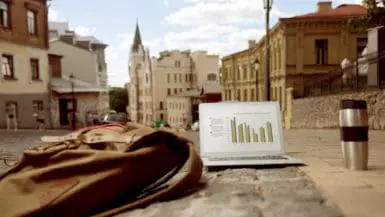
Leave a reply